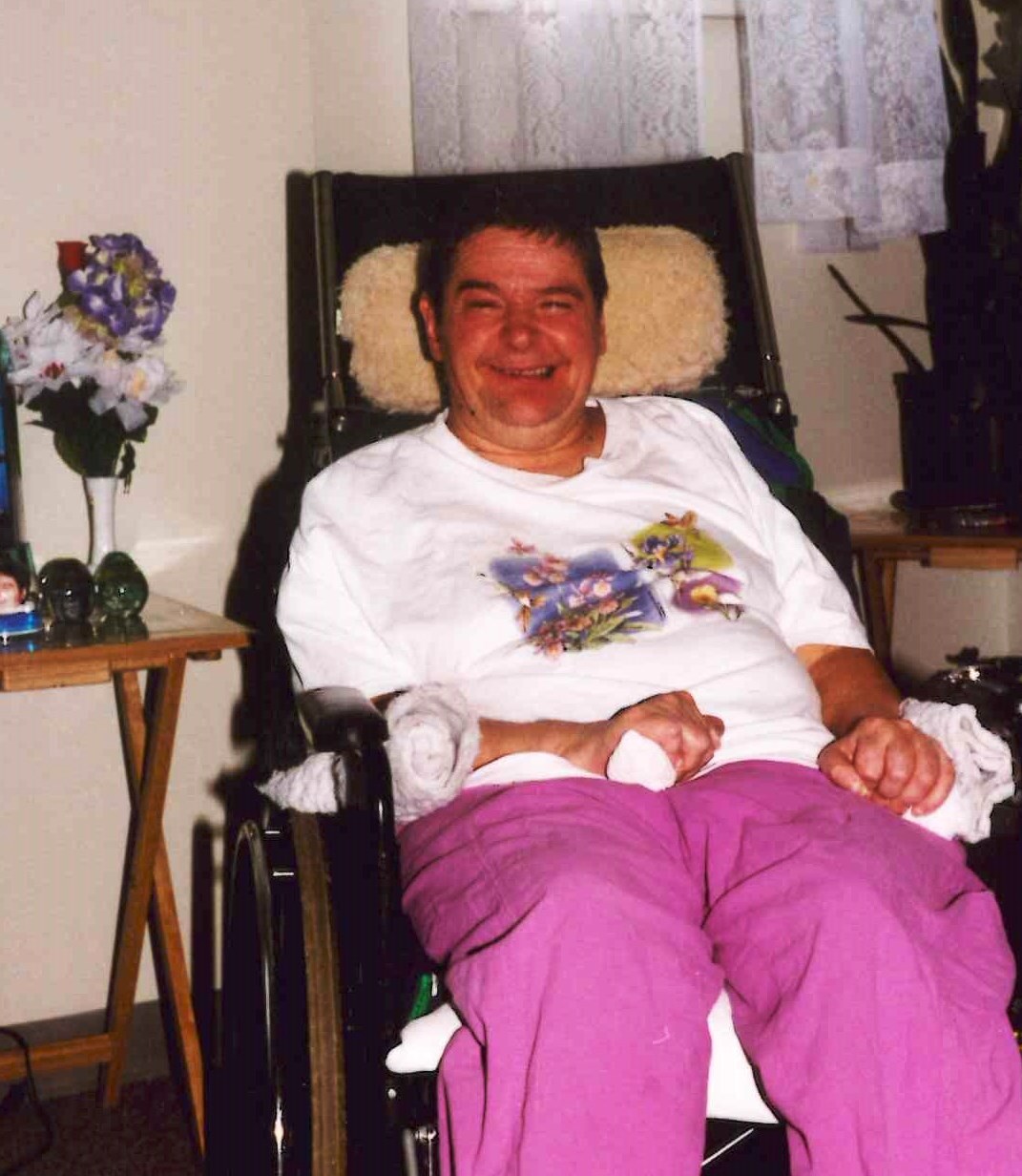“Unjustified isolation, we hold, is properly regarded as discrimination based on disability.” United States Supreme Court decision in Olmstead v. L.C.
Every person with a disability has the right to live, work, and fully participate in their community.
Since its founding over 40 years ago, CPR has envisioned a world in which people with disabilities enjoy full, independent lives in the community. CPR has crafted innovative legal strategies that rely on creative theories to advance this vision.
CPR not only challenges the institutionalization of persons with disabilities, but also insists that they receive the necessary supports and services to live and fully participate in the community.
Notably, CPR’s early community integration cases pre-dated – by 25 years – the 1990 passage of the Americans with Disabilities Act (ADA) and the Supreme Court’s 1999 decision in Olmstead v. L.C. Our first cases ensured that residents of state psychiatric hospitals and state developmental centers had a right to vote in statewide and national elections and were provided a range of due process protections prior to and during any involuntary commitment. We also joined other class actions contesting the lack of community services for individuals with intellectual and developmental disabilities (I/DD), as well as those with psychiatric disabilities.
In 1976, we filed a landmark community integration case, Brewster v. Dukakis, which led to the first, entirely community-based system of care in the United States for people with psychiatric disabilities.
Bolstered by the ADA and the Olmstead decision, we have continued to build on this foundation. Over the past quarter century, we have filed lawsuits and joined class actions throughout the country promoting community integration for people with disabilities, redesigned service systems to facilitate community inclusion and choice, and expanded our collaboration with people with lived experience. We have led or participated in cases that resulted in the closure of almost twenty-five public institutions for persons with disabilities in ten states, and the transition of the residents of those facilities to integrated community settings.
Related Cases
-
Alliance for the Mentally Ill and Barry K. v. Michigan Mich. 1998
Opponents of the state’s plan to close a public psychiatric hospital sought to enjoin the closing. Residents of the hospital successfully intervened to ensure that they were not transferred to another hospital but instead were discharged to the community
-
Amanda D. v. Hassan D. N.H. 2012
ADA settlement on behalf of thousands of individuals with serious mental illness in a state-operated nursing facility and psychiatric facility in New Hampshire
-
Arnold v. Sarn Maricopa, AZ Superior Ct, 1982
Consent decree based upon state statute requires community mental health services for 23,000 people with serious mental illness in Maricopa County, Arizona
-
Ball v. DeWine S. D. Oh. 2016
ADA case challenging the unnecessary segregation of 6,000 individuals with intellectual and developmental disabilities in private Intermediate Care Facilities (ICFs) in Ohio
-
Brewster v. Dukakis D. Mass. 1976
Consent decree mandated creation of comprehensive system of less restrictive alternatives for all residents of the Northampton State Hospital resulting in the closing of the institution
-
Brown v. Bush S.D. Fla.1996
Class action settlement for 1200 persons with developmental disabilities in closure of two Florida institutions and expansion of community services
-
Dottin v. Dukakis Mass. Superior Ct., 1992
Class action for unnecessary institutionalization at the Metropolitan State Hospital results in closure of hospital and placement of most residents in appropriate community settings
-
Emily J. v. Rell D. Conn. 1993
Final Settlement Agreement establishes a plan for the development of community-based services as alternatives to incarceration in Connecticut juvenile detention facilities
-
Evans v. Bowser D.D.C. 1976
Constitutional challenge to conditions of confinement and lack of less restrictive alternatives at Forest Haven results in closure of District of Columbia’s only institution and expansion of community services
-
Hutchinson v. Patrick D. Mass. 2008
ADA settlement on behalf of 9,000 persons with acquired brain injuries in nursing facilities and rehabilitation hospitals in Massachusetts
-
Jackson v. Fort Stanton Hospital and Training School (D. N.M. 1987)
Class action on behalf of 1500 residents of New Mexico’s two institutions for persons with developmental disabilities results in close of both facilities and development of community services
-
Johnson v. Bradley M.D. Fla. 1989
Settlement of constitutional and ADA case on behalf of residents of the G.P. Wood State Hospital in central Florida results closure of the facility and creation of community supports for all class members
-
Kansas Nursing Facilities for Mental Health Settlement Agreement July, 2021
CPR and Disability Rights Center of Kansas (DRCK) developed an Olmstead/PASRR case challenging the unnecessary segregation of persons with psychiatric disabilities in specialized mental health nursing facilities.
-
Lane v. Brown D. Or. 2012
ADA settlement on behalf of thousands of people with disabilities in Oregon’s sheltered workshops
-
Marsters, et al v. Healey, et al D. Mass. 2022 2022-2022
ADA Class Action Seeking to to Compel Massachusetts to Stop Unnecessary Institutionalization of People with Disabilities
-
NEARI and U.S. v. MHFA D. Mass. 1995
Housing discrimination settlement prevents state housing agency from withdrawing financial support for treatment program, in response to objections from local town officials
-
Ricci v. Okin 544 F.3d 8 (1st Cir. 2008), cert den., 556 U.S. 1166 (2009)
First Circuit reverses lower court’s decision to prohibit the closure of state DD facility
-
Rolland v. Cellucci D. Mass. 1998
ADA and Medicaid settlement on behalf of almost 2000 persons with intellectual and developmental disabilities in nursing facilities
-
Rosie D. v. Romney D. Mass. 2001
Court orders Massachusetts to create home-based services for 30,000 children with serious emotional disturbance (SED)
-
Steward v. Abbott W.D. Tex 2010
ADA and Medicaid case on behalf of over 4,000 individuals with intellectual and developmental disabilities who are unnecessarily segregated in nursing facilities in Texas
